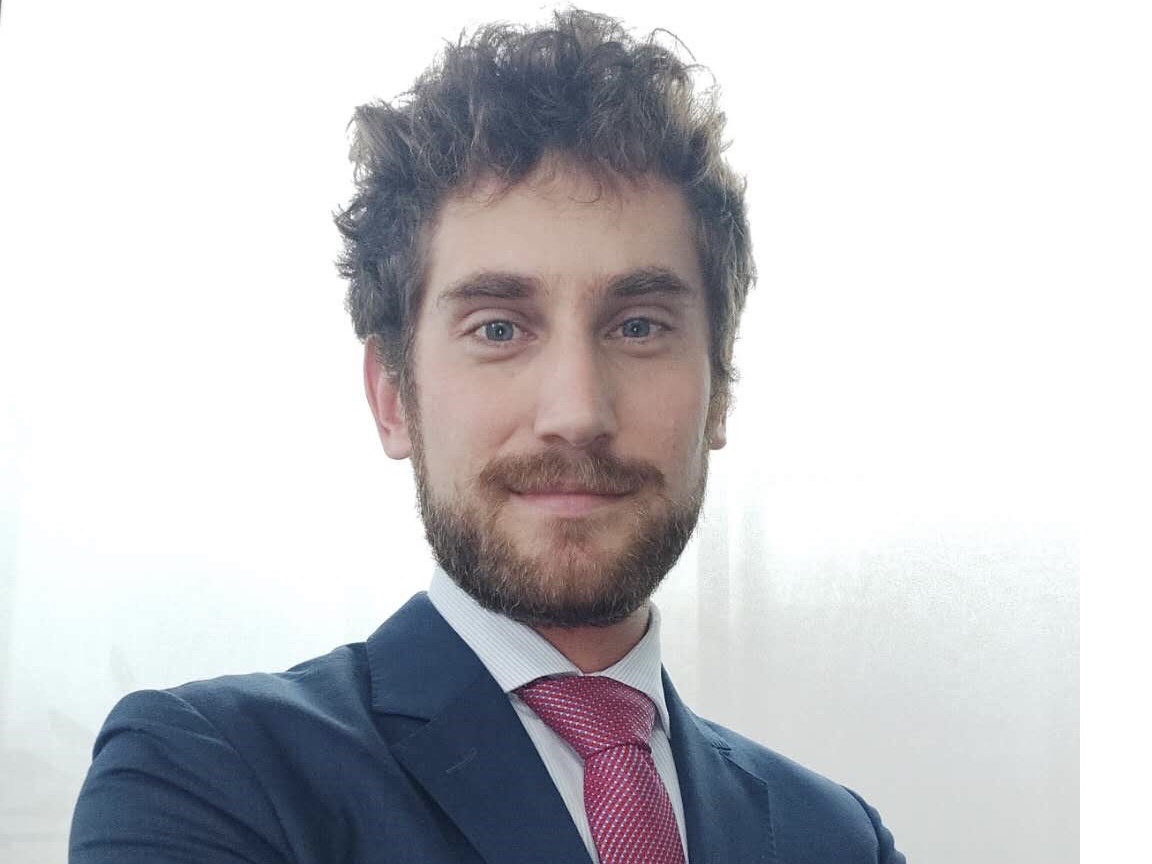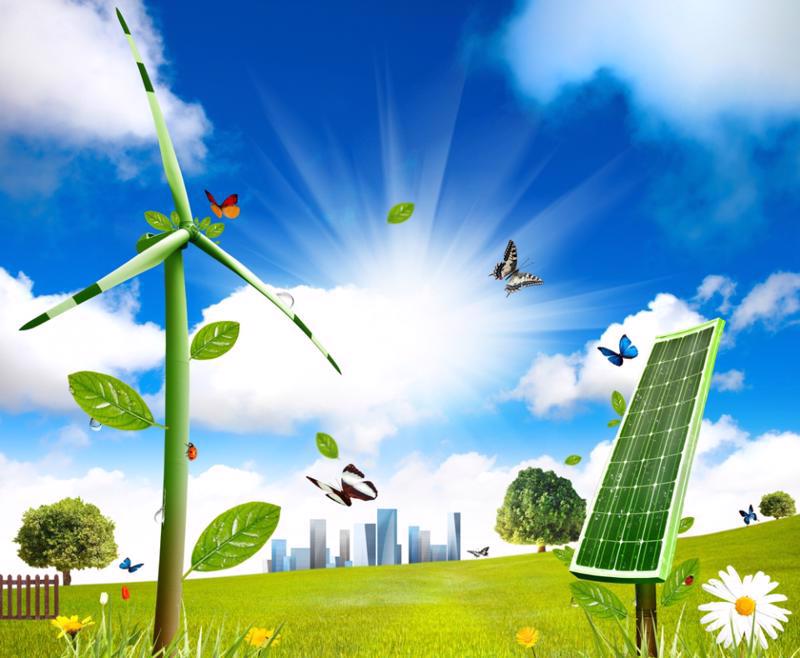Dezan Shira & Associates Vietnam worked with the European Chamber of Commerce Vietnam (EuroCham Vietnam) to hold the “Vietnam’s Green Economy - Opportunities for Sustainable Investment” online webinar on October 6.
The webinar aimed to give a comprehensive overview of issues in developing a green economy in Vietnam, including the country’s climate and energy commitments, and opportunities to develop a circular economy and green financing. The draft Power Development Plan 8 (PDP 8), energy-related policies, potential markets for renewable energy in Vietnam, and opportunities for foreign investors were also discussed.
Mr. Filippo Scaglia, International Business Advisor at Dezan Shira & Associates, identified certain impacts from climate change on Vietnam’s economy, such as it being one of nine countries with at least 50 million people and exposed to sea level rises, while depending on the emissions pathway, 6-12 million people will potentially be affected by coastal flooding by 2070-2100 without effective adaptation.
Regarding Vietnam’s climate commitment at COP26 on net zero emissions by 2050, reductions to greenhouse gas emissions, and reductions to methane levels, and so on, Mr. Scaglia said it is an ambitious plan but he believes it is perfectly reasonable.
He pointed to the PDP 8 as a roadmap for Vietnam’s energy sector over the next five to ten years and a turning point in the renewable energy industry in the country. Under the draft, Vietnam plans to increase solar and wind capacity to 32 GW by 2030; gas to 39 GW, which is an increase of 10 GW from PDP 7; and coal to 37 GW. According to the high scenario in the PDP 8 pilot scheme, by 2030, the total capacity of power plants will reach 145,930 MW, excluding rooftop solar power and co-generation sources.

Vietnam, which is among countries being increasingly impacted by climate change, is accelerating its transition to a green economy. The government has strong commitments to tackle the challenges of climate change and reach the targets set in the draft PDP 8, and related decisions and decrees approved by the Ministry of Industry and Trade demonstrate its determination. In this context, many new business opportunities for FDI are opening up.
Mr. Scaglia said Vietnam has many support policies for foreign investors in renewable energy, who can enjoy preferential mechanisms such as corporate income tax incentives, import tax exemptions on equipment, land use incentives, investment protection, and so on. Owners of renewable energy projects can also obtain loans of up to 70 per cent of their total investment from the Vietnam Development Bank (VDB) at an interest rate equivalent to that of a five-year government bond plus 1 per cent per annum.
Despite the liberalization of policies in Vietnam over the last few years, Mr. Scaglia pointed out that investors face many challenges.
These include low tariffs coupled with high investment costs in newer technologies, a lack of clarity in future energy prices, a complex regulatory framework, poor grid capacity, underdeveloped supporting industries, a shortage of qualified human resources, insufficient financing for new projects, and unbankable power purchase agreement (PPA) terms.
Mr. Erick Contreras, General Manager at BASF Vietnam, which offers solutions for key industries such as agriculture, construction, automotive, footwear, and electrical and electronics, said plastic waste is one of the most pressing sustainability challenges in the country. Vietnam is one of Asia’s five worst polluters in terms of ocean plastic waste. The absence of effective collection and disposal facilities also hinder the efforts of consumers and companies.
Some proposals need to be adopted. The first is reductions in consumption and waste. Industries are recommended to avoid extra packaging, introduce bottle return systems, and reuse wooden pallets. Consumers, meanwhile, should avoid selecting single-use plastic items and reuse plastic bags and food packaging. Both consumers and industries could substitute shopping bags, straws, food containers, and food packaging with paper products. He emphasized that chemical recycling is an innovation in creating a circular economy.
He also suggested solutions for government and industry to reduce mismanaged waste, including establishing appropriate waste treatment facilities; expanding waste collection rates and creating facilities to dispose of terrestrial pollution; and educating and engaging in terms of ocean pollution. In order to improve disposal, Vietnam needs to improve thermal processes to transform plastic waste into fuel; create facilities for disposal as a transitional measure; and introduce legislative measures for zero plastics in landfills.
He emphasized that it is important to increase public awareness and build legislation. It is also necessary to recycle and replace original materials in the value chain. All need to be fueled by more stringent regulatory changes.
Responding to VET’s questions about the green bonds market, Mr. Contreras said Vietnam holds potential in the green bonds market and investor demand for these bonds is expected to increase. The country is recording GDP growth of around 7 per cent and is one of the most vulnerable to climate change. Governments, organizations, and individuals are increasingly prioritizing sustainability, and demand for financing such projects should continue to grow.
“Policymakers should ideally make efforts to ensure and guarantee the satisfaction of requirements and avoid ‘greenwashing’ procedures,” he went on. “Issuing green bonds requires skills and techniques to evaluate projects, ensuring they are implemented under green bond principles.”
The webinar ended with an open Q&A session between speakers and attendees.









 Google translate
Google translate